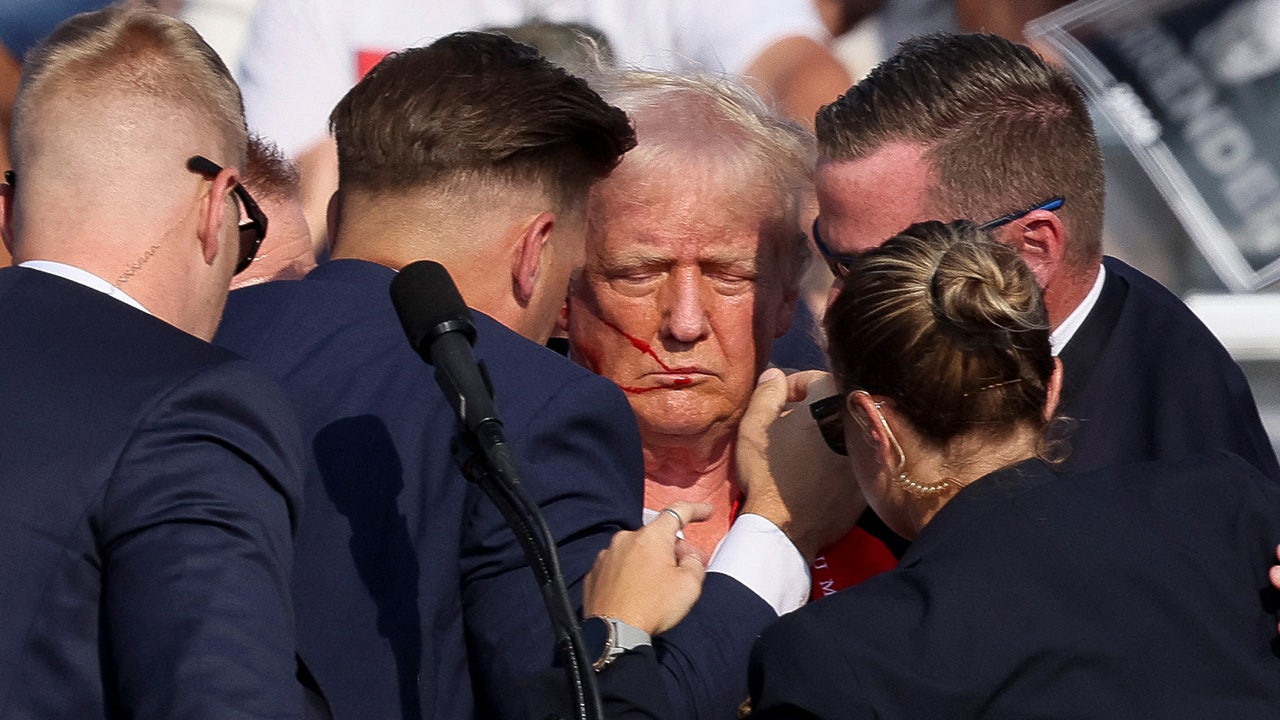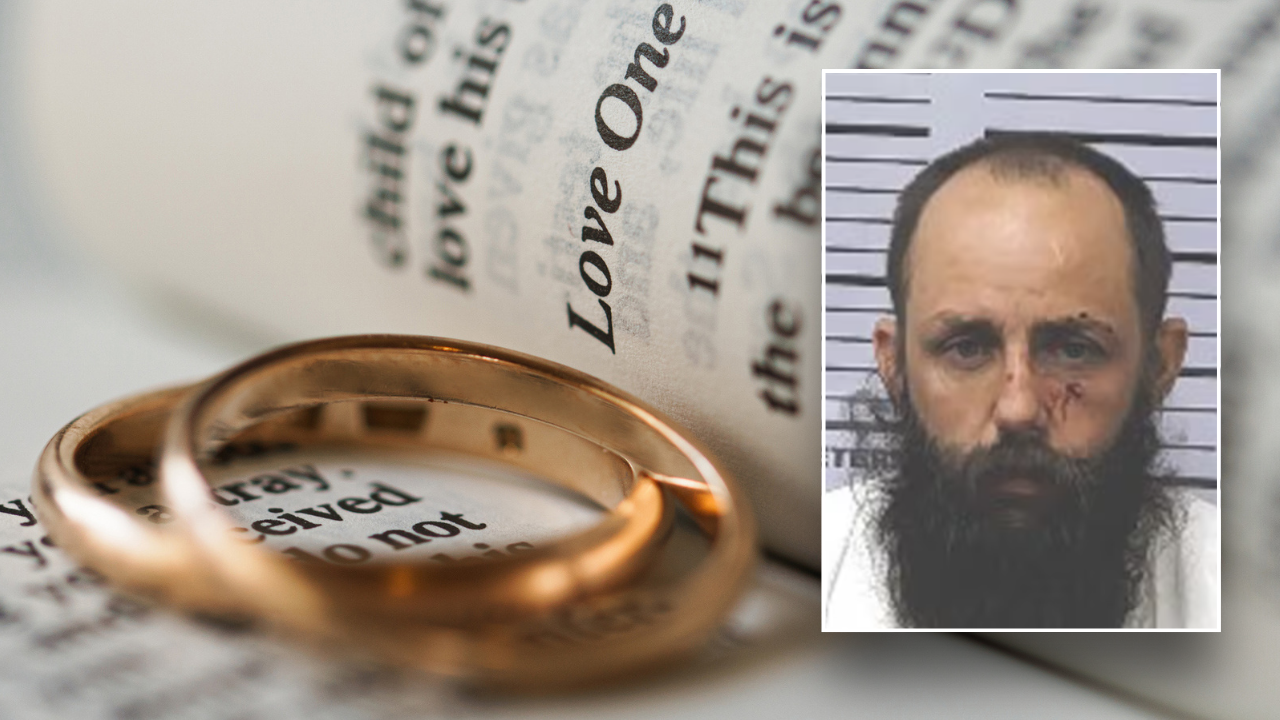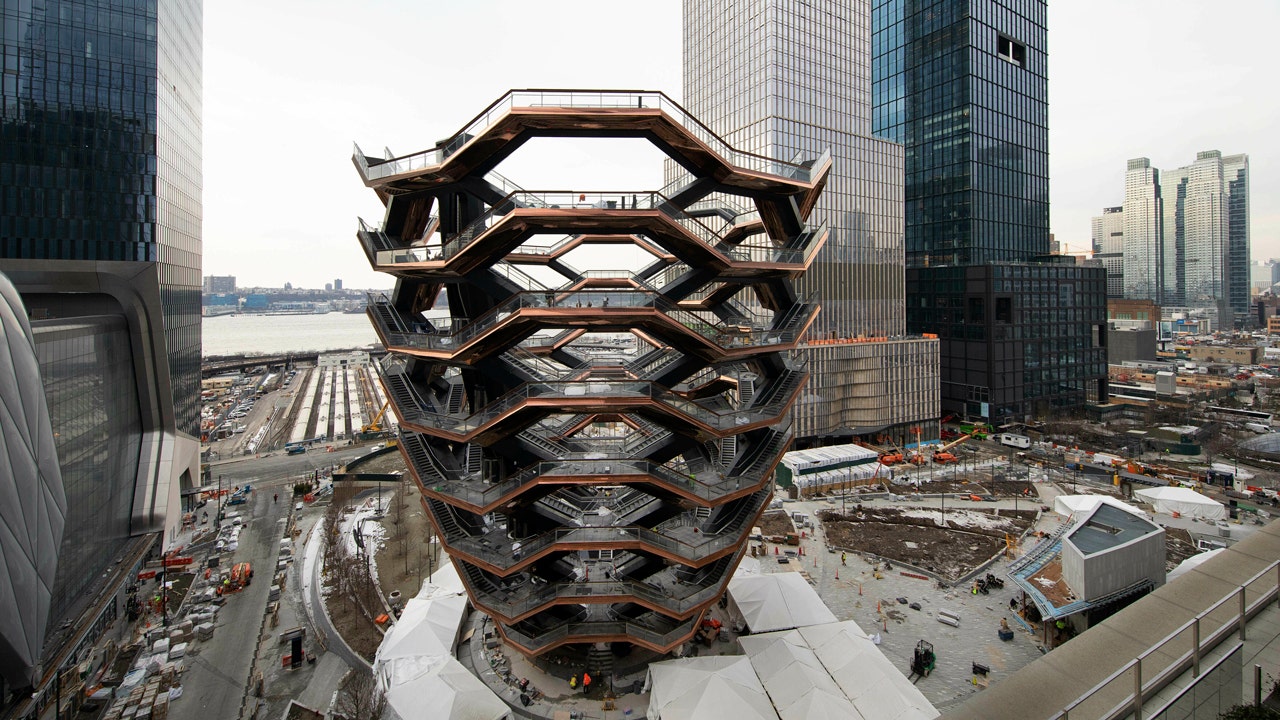The cavalry of Republican vice-presidential contenders and other party officials inside the courthouse for Donald J. Trump’s criminal trial was so large one day this week that the group initially had trouble arranging themselves in the two rows set aside for guests of the defense team.
Wedged into their seats, they were immediately confronted with testimony accusing their party’s leader — who was trying to inoculate his 2016 presidential campaign from political damage — of writing checks for bogus legal expenses to hide hush-money payments to a porn star.
None of the conservatives in the courtroom flinched or raised an eyebrow, including Gov. Doug Burgum of North Dakota and Representative Byron Donalds of Florida, both of whom are said to be under consideration for Mr. Trump’s running mate.
Instead, their stoic, protective presence underscored the biggest political quandary facing ambitious Republicans who want Mr. Trump to pick them for vice president: how to fiercely defend him without stealing any of his precious spotlight.
The prize for puzzling out the best approach could be a spot near the top of every ballot in the country this fall.
“He always wants killers out there fighting for him,” said Barry Bennett, a Republican strategist who advised Mr. Trump’s first presidential campaign. “But he also needs someone with experience and skills who can help shape his message, massage it and make it stronger.”
In other words, Mr. Trump could be looking for a straight man.
In 2016, he selected Gov. Mike Pence of Indiana for a similar role. Mr. Pence’s presence on the ticket helped reassure skeptical evangelical voters and establishment Republicans in Congress. He then dutifully served Mr. Trump before refusing to help overturn the 2020 election, a moral stand that ruptured their relationship.
This year, Mr. Trump’s V.P. search remains in its early stages. His team is still considering, for example, how much weight to give a contender’s ability to raise money versus his or her political upside. But there is a growing consensus around the former president that he is leaning toward more experienced options who can campaign for the ticket without appearing to promote themselves.
For instance, he has shown an uptick in interest in relatively conventional Republicans like Mr. Burgum, Senator Marco Rubio of Florida and Senator Tim Scott of South Carolina.
Mr. Trump has also privately praised Representative Elise Stefanik of New York and Senator J.D. Vance of Ohio, who is close with Mr. Trump’s son, Donald Trump Jr., and is viewed as a top running-mate contender. Mr. Vance attended the trial on Monday and spent much of the day denouncing the prosecution’s top witness, making the kind of broadsides that the judge in the case has barred Mr. Trump from hurling.
“Recognizing that sometimes it’s a little bit lonely to sit up there yourself, I offered to come in and maybe just be a friendly face in the courtroom,” Mr. Vance said later on Fox News.
Mr. Trump’s team has also recently pushed potential running mates to sit for interviews with news outlets beyond conservative networks, like Fox News and Newsmax, to test their performance under tougher questioning as well as their appeal to more mainstream audiences.
This article is based on interviews with more than half a dozen Republican operatives who are familiar with Mr. Trump’s deliberations, all of whom insisted on anonymity to discuss the private conversations.
Mr. Trump has long resented aides and associates who leverage his branding for their gain. But now, in his third presidential campaign, he also has a diminished appetite for anyone who might add to the already substantial list of legal and political problems competing for his attention.
That means that some of the more publicity-driven Republicans who enjoy celebrity status within Mr. Trump’s conservative movement appear to be falling off his radar as potential running mates.
In recent weeks, his informal conversations about potential vice-presidential picks have rarely mentioned contenders like Kari Lake, who is running for Senate in Arizona; Representative Marjorie Taylor Greene of Georgia; or Vivek Ramaswamy, the entrepreneur who ran for president this year.
To illustrate this moment for Mr. Trump, consider the two Dakota state capitols.
The roughly 170 miles between Bismarck, N.D., and Pierre S.D., represent a relatively short distance for anyone traversing the Great Plains, but the Republican leaders of each state are worlds apart when it comes to the former president’s deliberations.
In South Dakota, Gov. Kristi Noem has effectively fallen out of contention after her book tour spiraled out of control over a series of bizarre passages, most startlingly one that detailed how she shot dead her 14-month-old farm dog, Cricket, in a gravel pit.
Several Trump advisers had considered her a long-shot candidate well before she spent much of recent weeks defending her decision to personally put down her wirehaired pointer. Even Mr. Trump had spoken privately to some associates about his reluctance to field any questions about the South Dakota governor and her judgment if she were on his ticket.
Privately, Mr. Trump has expressed astonishment about Ms. Noem’s book, telling advisers he would rather not worry about fellow Republicans killing their dogs. Other times, he has made unprompted jokes, warning friends, “Don’t kill your dog, whatever you do.”
Publicly, Mr. Trump has not wanted to rule anyone out of contention. He is intrigued by redemption stories and often revels in requests for forgiveness from former opponents and critics.
But in the past week, Mr. Trump all but ruled out the possibility of selecting former Gov. Nikki Haley of South Carolina, who was his last remaining rival in the presidential primary race this year. And during a radio interview on Tuesday, he acknowledged that Ms. Noem’s chances had diminished.
“She got hit hard,” Mr. Trump said, adding that “the dog story, you know, people hear that and people from different parts of the country probably feel a little bit differently — but that’s a tough story.”
Up in North Dakota, the political stock of Mr. Burgum appears to be on the rise.
The governor’s public profile has differed considerably from Ms. Noem’s. A day after she cut short her book tour, Mr. Burgum spoke uninterrupted for 30 minutes about residual funds and potential corn and bean yields as he unveiled his state budget proposal to a handful of people in a dreary conference room. A livestream of the event topped out at 132 viewers.
During his presidential primary bid against Mr. Trump last year, Mr. Burgum was mostly overlooked by voters and the news media alike. But he has become close to the former president in recent months.
Mr. Trump, who has a history of surrounding himself with wealthy former businessmen, is said to be intrigued by Mr. Burgum, who sold his software company to Microsoft for $1 billion more than two decades ago.
Mr. Trump has also told advisers that Mr. Burgum has the “central casting” look of a vice president, and has praised the governor’s knowledge of energy issues. Mr. Burgum has recently become a frequent defender of Mr. Trump’s on cable news, attended a fund-raiser at Mar-a-Lago last week and spoke before the former president at a campaign rally last Saturday in New Jersey.
After attending Mr. Trump’s trial on Tuesday, Mr. Burgum pointed to the presumptive Republican nominee’s lead over President Biden in recent polls as proof that the criminal proceedings in New York held little sway for voters.
“The conclusion you can draw from that,” Mr. Burgum said of the polls, “is the American people have already acquitted Donald Trump.”
Mr. Trump’s options for vice president extend well beyond the two Dakota governors, but his choice can be viewed roughly as one between the two corners of the party each represents.
“He needs someone who, first and foremost, does no harm,” said Ken Blackwell, a former Ohio secretary of state who was an adviser to Mr. Trump’s White House transition team after the 2016 election. “But he also needs someone who can help put together a team to hit the ground running and advance his agenda in Washington.”
Senator Rick Scott of Florida, a Republican who is up for re-election this year and has been floated as an outside vice-presidential possibility, set off the trend of high-profile conservative cameos in the Manhattan courthouse with a visit last week.
Mr. Scott said he had traveled to New York at the urging of Susie Wiles, one of the top advisers on the Trump campaign, who oversaw Mr. Scott’s successful races for governor in 2010 and 2014.
“When people are being persecuted, that is when they need you to show up,” Mr. Scott said in an interview.
Mr. Scott said he had not spoken with Mr. Trump about potential running mates, but he predicted that the former president would add someone who can “help execute his vision to fix the country.”
Asked about Republicans who are trying to win points with Mr. Trump by defending him in public, Mr. Scott pointed to what conservatives see as fatal flaws in the criminal case: “What everyone ought to be doing is talking about the facts.”






